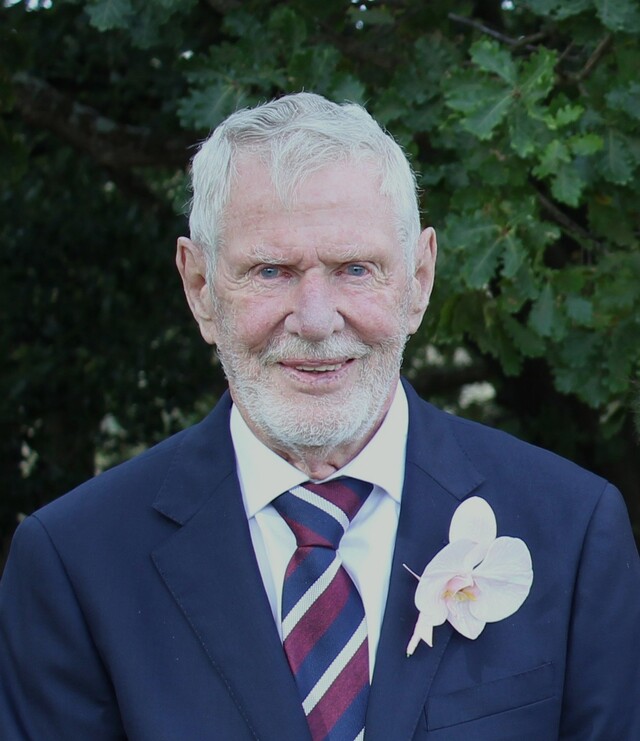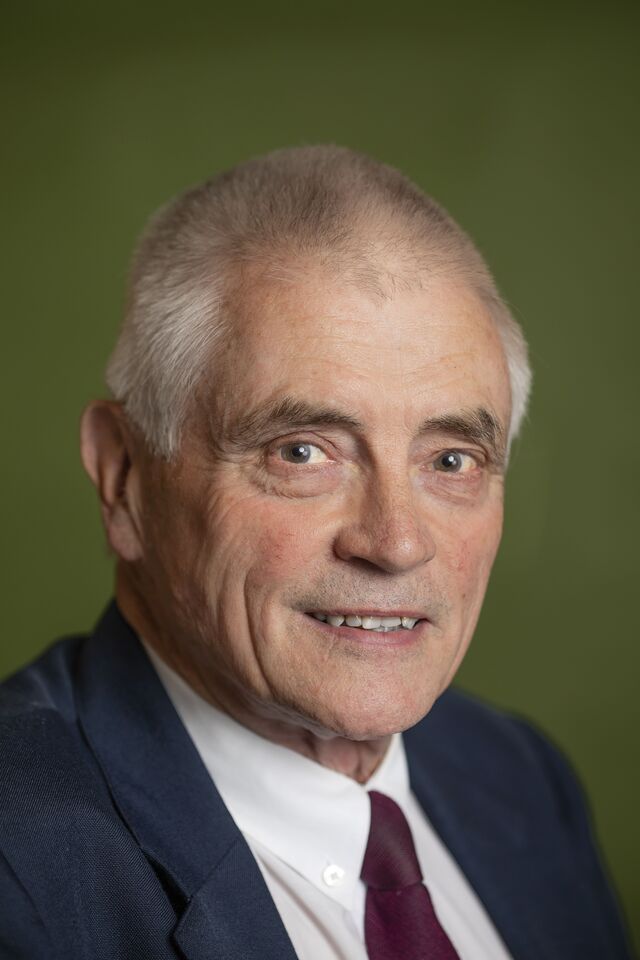Loveland
Starring Ryan Kwanten, Jillian Nguyen and Hugo Weaving
Rated M
Directed by Ivan Sen, Loveland is a meandering, insubstantial Australian sci-fi drama.
In a dystopian future Hong Kong, Jack (Ryan Kwanten), an assassin, falls in love with April (Jillian Nguyen), a nightclub singer, only for his body to start breaking down.
The utilitarian dialogue has some warmth to it, but the film is filled with trite, droning monologues; the brooding poetry of the monologues feels like parody at times, but the film is dead-serious. The plot contains incredibly vague world-building about androids, cybernetic implants and a nefarious biotechnology corporation. Conflicts come and go without incident, and the gradual deterioration of Jack’s body carries very little urgency. Moreover, Jack’s condition is revealed as a hormonal overload from his relationship with April, but Kwanten’s persona is too low-key for this explanation to be credible.
The eternally charismatic Hugo Weaving plays the reclusive Dr Bergman, but this character exists only to explain the plot and Jack’s flimsy back-story.
Loveland features an elegantly moody electronic-tinged score and a beautiful portrayal of a vibrant yet soulless cyberpunk city, but the imagery feels generic, with the cityscapes lifted almost wholesale from Blade Runner. Indeed, Jack’s bodily deterioration and Loveland’s fuzzy musings on what is real are very reminiscent of Blade Runner.
I hate to be so critical toward an Australian film, especially in a sci-fi sub-genre that I love, but Loveland feels like the filmmakers lacked the creativity or budget (or both) to provide a unique, dramatic or interesting spin on cyberpunk.
Pretty but derivative, slow and flat, Loveland is playing in select Victorian cinemas.
– Seth Lukas Hynes
















